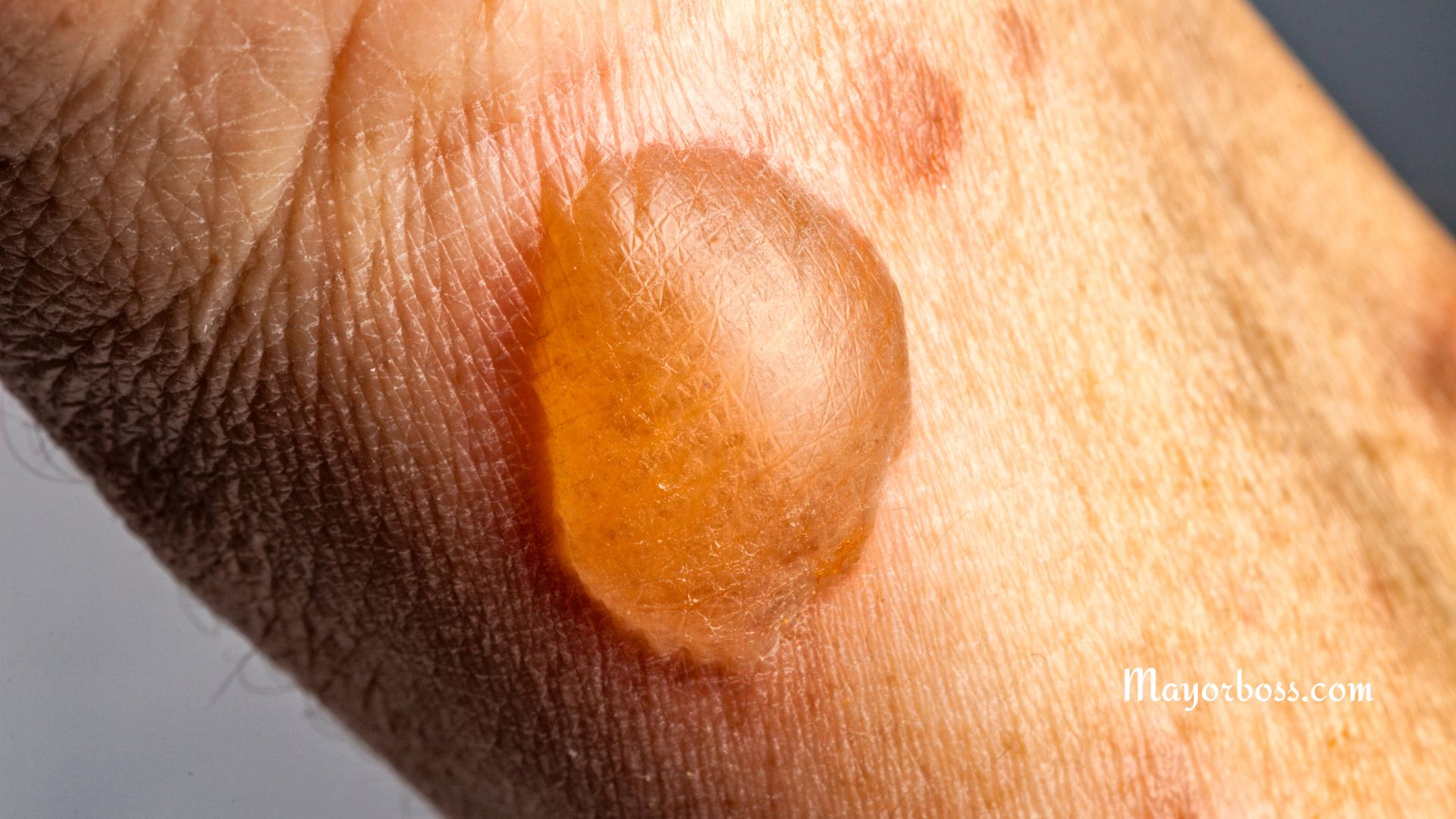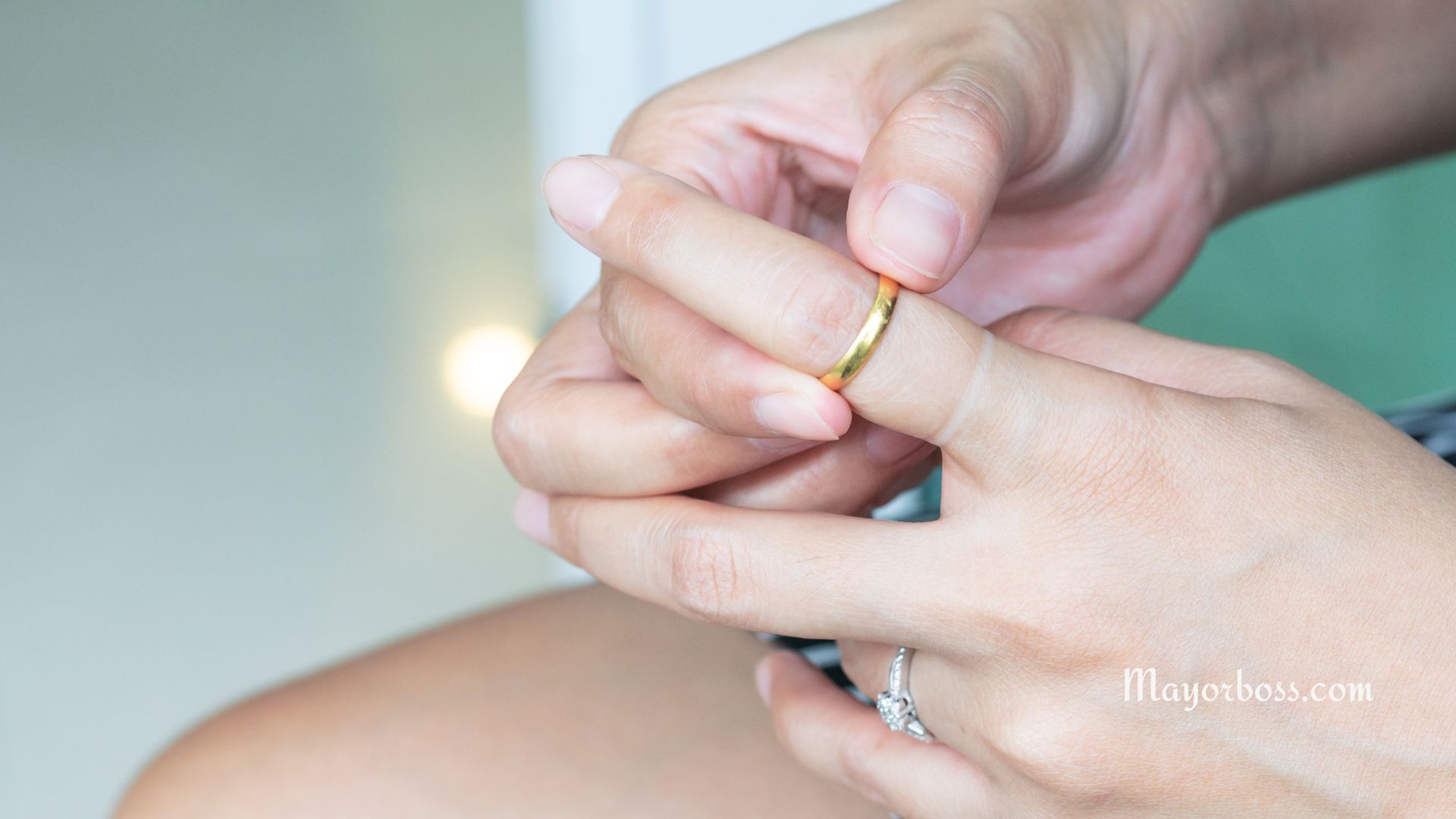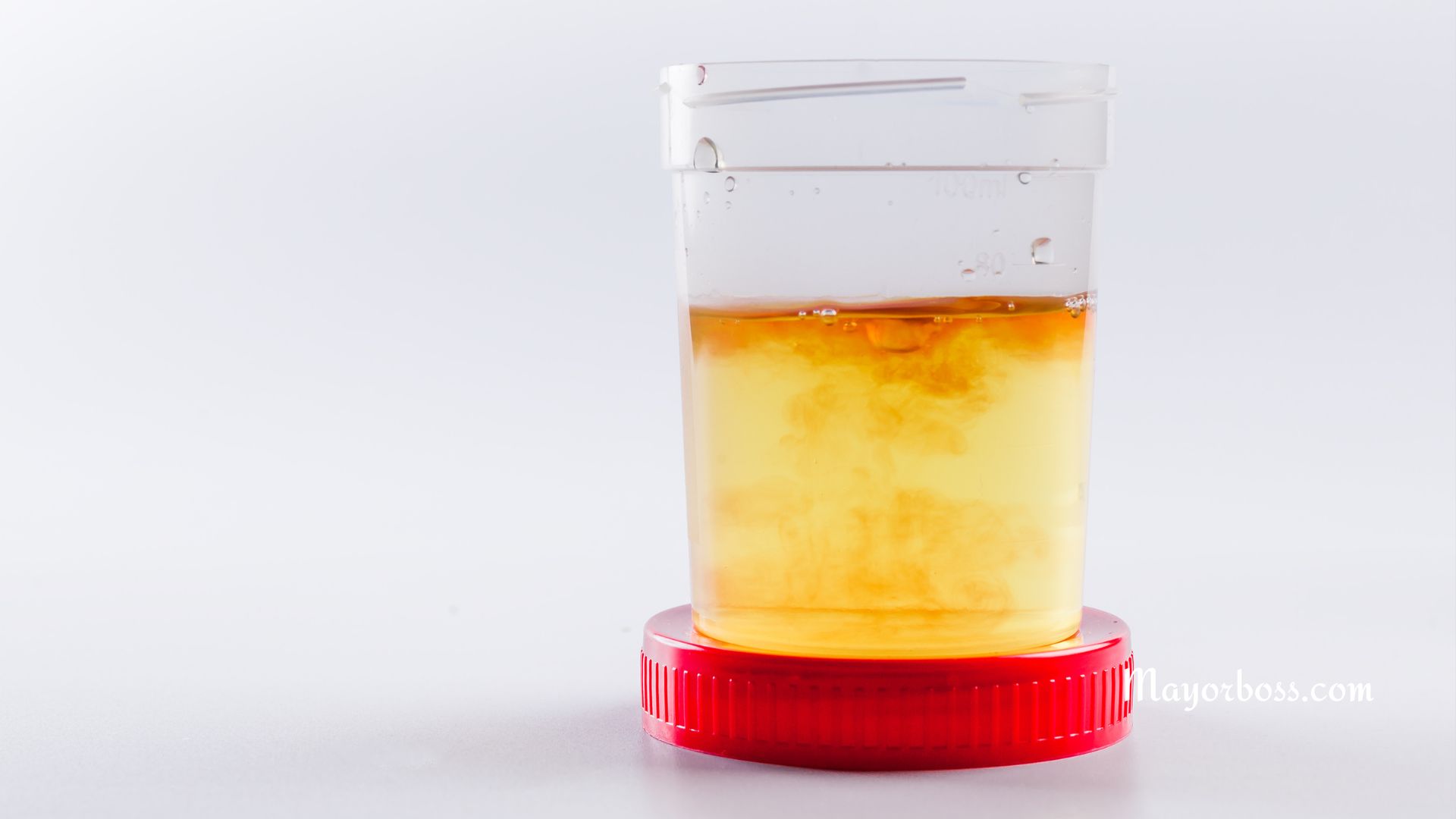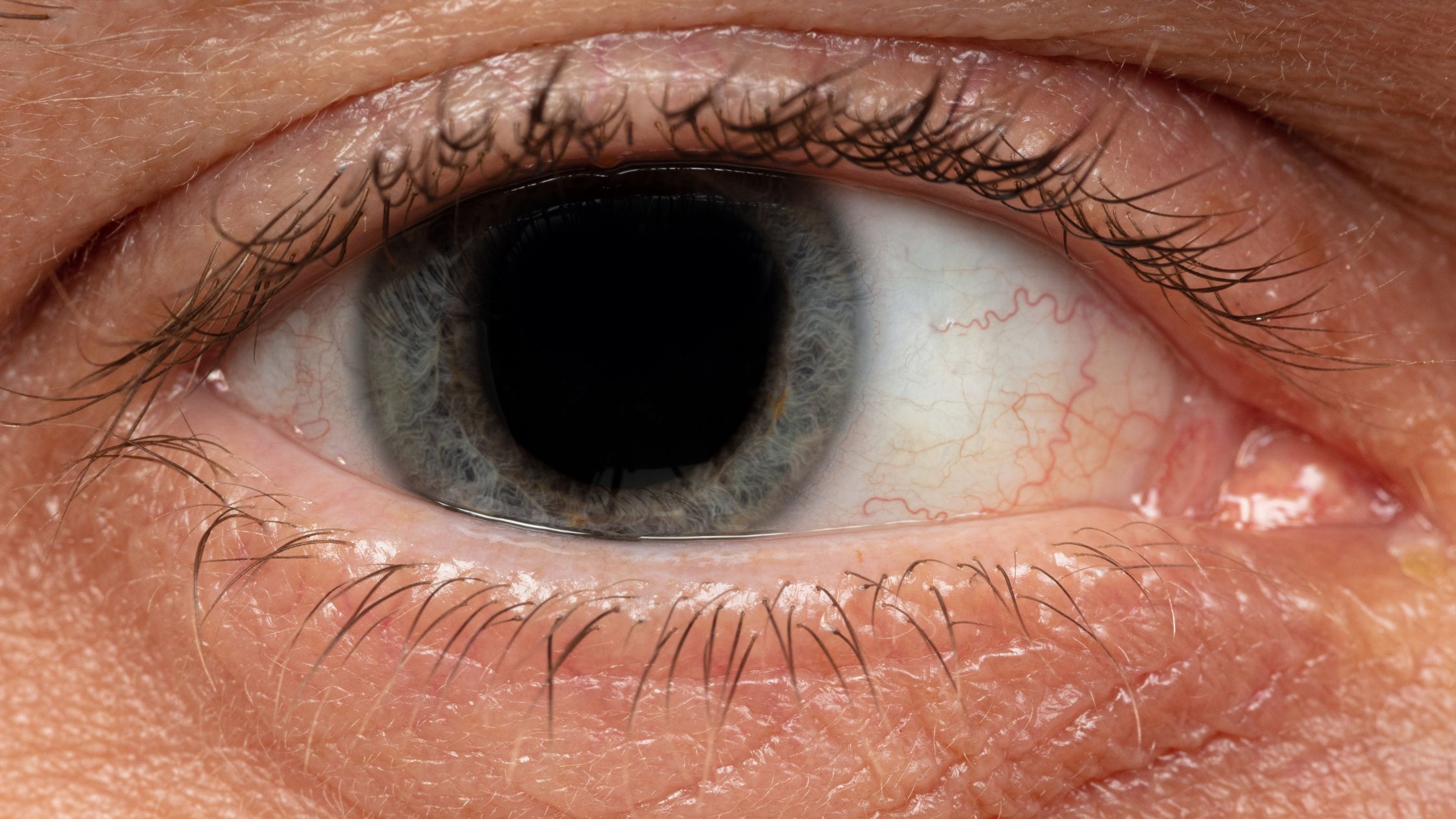7 Signs Your Body Is Lacking Iron
Iron deficiency is one of the most common nutritional deficiencies in the world, affecting more than 2 billion people. While it might seem like a minor issue, iron plays a crucial role in your body’s ability to produce hemoglobin, a protein in red blood cells that carries oxygen throughout your body. Without enough iron, your body can’t produce enough healthy red blood cells, hence leading to a condition known as iron deficiency anemia. But how do you know if your body is lacking this vital mineral? Here are seven signs to watch out for.
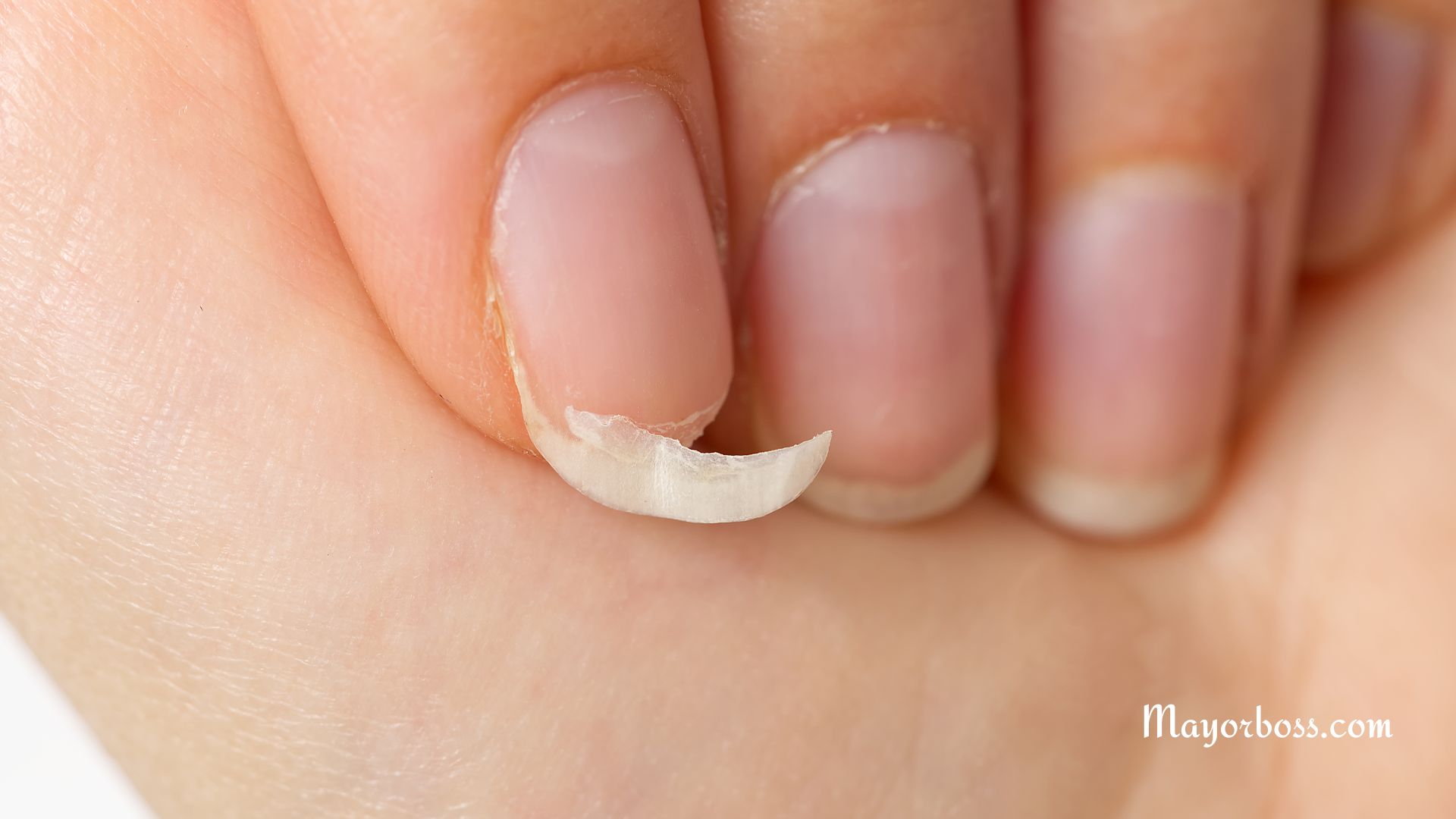
If You Feel Unusually Tired All the Time, It Could Be Due to Iron Deficiency
Fatigue is perhaps the most common sign of iron deficiency, but it’s also one of the most overlooked. Everyone feels tired from time to time, but if you’re experiencing extreme, unrelenting fatigue that doesn’t improve with rest, it could be due to a lack of iron. That’s because your body needs iron to make hemoglobin, which helps transport oxygen to your tissues. When the oxygen supply is reduced, your body has to work harder to function, leaving you feeling exhausted.
You May Notice That Your Skin Is Paler Than Usual
Pale skin, particularly if it’s noticeable in your face, gums, or the inside of your lower eyelids, can be another hallmark of iron deficiency. Hemoglobin gives your blood its red color, so when levels are low, your blood becomes less red, causing your skin to lose some of its color. This symptom can be more easily spotted in people with lighter skin tones, but those with darker skin tones may notice a paleness in their gums or inner eyelids.
If You Often Feel Short of Breath, You May Need More Iron
Do you find yourself getting winded easily, even when doing activities that didn’t use to leave you breathless? Shortness of breath is a common symptom of iron deficiency, particularly during physical exertion. Without enough hemoglobin, your body struggles to get the oxygen it needs, making it harder to breathe. Consequently, if you’re suddenly out of breath during routine activities like climbing stairs, it could be a sign that your iron levels are low.
Experiencing Frequent Headaches or Dizziness Could Indicate Iron Deficiency
Iron deficiency can also affect your brain, leading to frequent headaches or dizziness. This happens because your brain isn’t getting enough oxygen, which can cause blood vessels to swell, leading to pressure and headaches. Additionally, the lack of oxygen can leave you feeling lightheaded or dizzy, especially when you stand up quickly.
If Your Hair Is Falling Out More Than Usual, It Could Be a Sign of Low Iron Levels
Hair loss can be a distressing symptom of iron deficiency. When your body is low on iron, it prioritizes vital functions like oxygen transport over less critical processes like hair growth. As a result, you may notice more hair than usual falling out when you brush or wash it. Some hair thinning is normal, but if you’re losing more than usual, it might be worth checking your iron levels.
Brittle or Spoon-Shaped Nails Could Be a Sign of Iron Deficiency
Your nails can reveal a lot about your overall health, and in the case of iron deficiency, they may become brittle or even spoon-shaped (a condition known as koilonychia). This happens because low iron levels reduce the amount of oxygen reaching your nails, making them weaker and more prone to breaking. Consequently, if you’ve noticed that your nails are unusually soft and brittle or have developed a concave shape, it’s a sign that you might be lacking iron.
If You Have Strange Cravings for Non-Food Items, You Could Be Lacking Iron
One of the more unusual symptoms of iron deficiency is a condition known as pica, which involves cravings for non-food items like dirt, clay, chalk, or even ice. While the exact cause of pica isn’t well understood, it’s often linked to mineral deficiencies, including iron. If you find yourself craving substances that aren’t food, it’s essential to see a doctor, as this could be a sign of severe iron deficiency.
Conclusion
Iron deficiency can present in numerous ways, from the more common symptoms like fatigue and pale skin to the less typical signs like brittle nails and strange cravings. If you’ve noticed any of these signs, it’s important to talk to your doctor. They can run a simple blood test to check your iron levels and help you determine the best course of action. In many cases, iron deficiency can be corrected with dietary changes, supplements, or treatment of underlying conditions.



